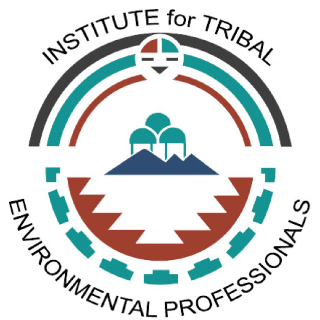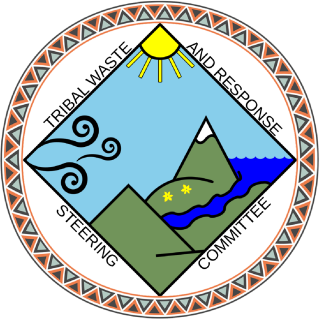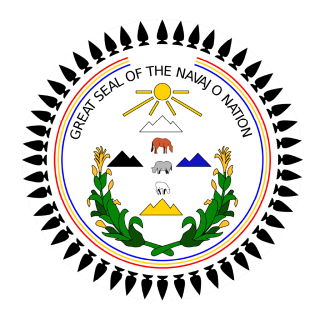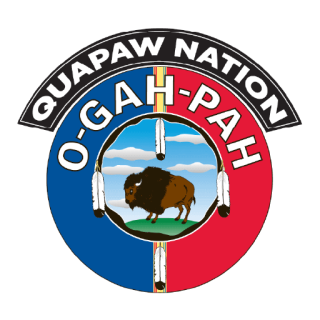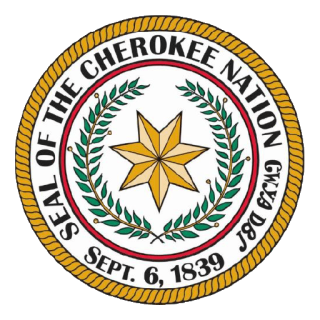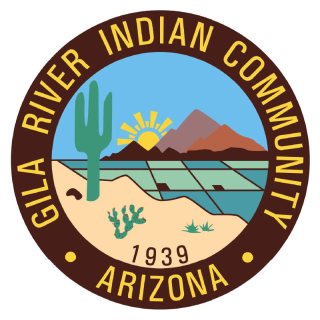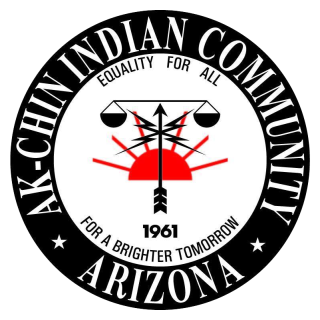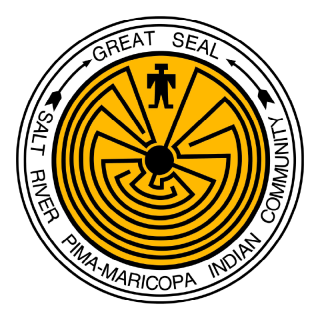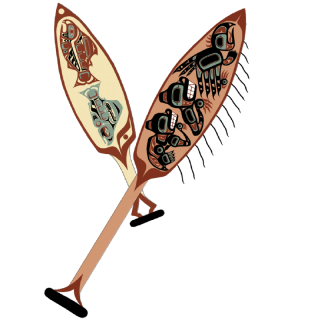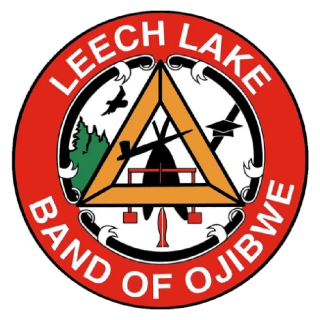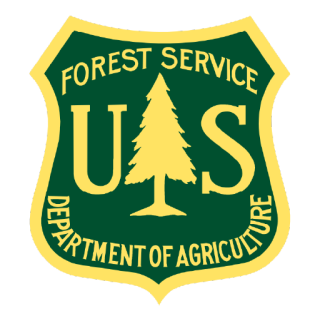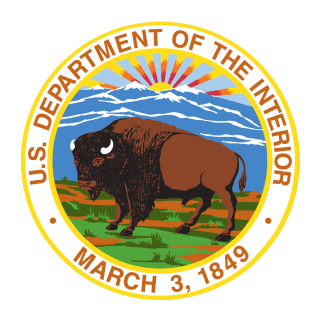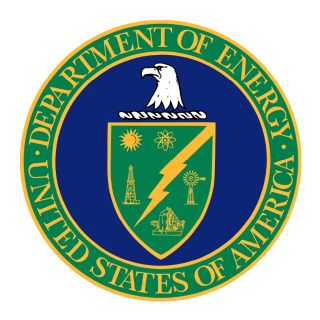2024 OLEM Tribal Program Accomplishments
EPA’s Office of Land and Emergency Management Tribal program is committed to protecting human health and the environment in Indian country, while supporting Tribal sovereignty, acting consistently with the federal trust responsibility and strengthening the government-to-government relationship with Tribes. This page summarizes accomplishments in 2024 to provide training, funding, technical assistance, and support to our Tribal partners in cleanup, prevention, waste management, and response programs. Collaboration with our many partners helped us increase Tribal understanding and participation in key land programs, including solid and hazardous waste, underground storage tanks, emergency management, Superfund, Brownfields, legacy hardrock mines, and federal facilities. For past OLEM Tribal accomplishments, please visit the 2023 OLEM Tribal Accomplishments, 2022 OLEM Tribal Accomplishments, 2021 OLEM Tribal Accomplishments, and 2020 OLEM Tribal Accomplishments.

733 in-person and virtual participants registered for the hybrid 2024 TLEF
OLEM co-hosted the 2024 Tribal Lands and Environment Forum in Eugene, OR, bringing together 544 in-person and 189 virtual attendees to learn, share, network, and build Tribal capacity to implement cleanup, prevention, and response programs in Indian country.

169 OLEM, HQ and regional staff participated in an Indian Law 101 training
In June 2024, as part of the Tribal Program Webinar Series for OLEM staff, OCPA hosted an Indian Law 101 training presented by attorneys with the Office of General Counsel. 169 OLEM, EPA headquarters, and regional staff participated.
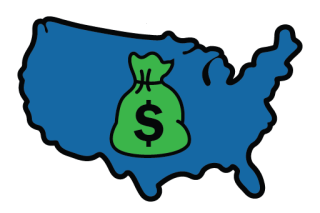
114 Tribes and Intertribal Consortia received over $33.7 million in Section 128(a) funds
In FY24, 114 Tribes and Intertribal Consortia received Section 128(a) State and Tribal Response Program funds. Tribes received approximately $33.7 million or 32% of the total funding allocated (including annual appropriated and Infrastructure Investment and Jobs Act funds). Tribes and Intertribal Consortia use these funds to build and strengthen Tribal environmental response programs and advance environmental self-governance.
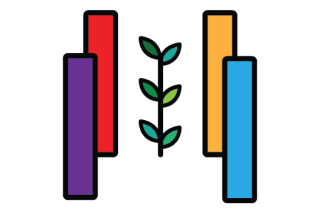
100 percent of Tribes who applied for Section 104(k) grants were successful
In FY24, 100% of the Tribes who applied for Section 104(k) competitive brownfield grants (Multipurpose, Assessment, RLF & Cleanup) were selected for funding. Tribes received a combined total of over $3.9 million.
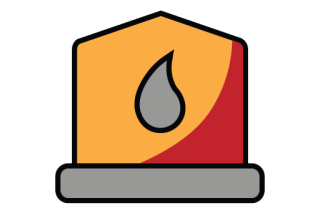
350 Tribal representatives participated in eight oil spill prevention, response funding, and chemical incident prevention webinars
In 2024, 350 people representing more than 90 Tribes participated in eight Introduction to Spill Prevention, Control, and Countermeasure Regulation, and Emergency Planning Community Right to Know Act webinars for Tribes. These webinars will help Tribes improve oil and chemical safety and protect Tribal health and the environment.
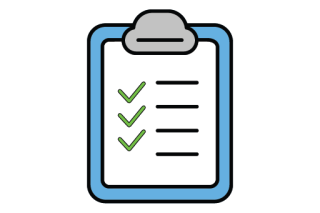
14 Tribes participated directly in table-top emergency response drills, oil spill scenarios, and various on-the-ground exercises
In 2024, EPA tracked 14 Tribes who participated in 13 regional exercises/drills that involved Tribal impacts. Cultural resource impact prevention was discussed at each event.

Options paper and workshop developed by the Abandoned Uranium Mine Waste Subcommittee
In 2024, OMDP chaired the Abandoned Uranium Mine Waste Subcommittee to the Federal Mining Dialogue on the third and final Workshop with the Four Corners states and Tribes impacted by uranium mine waste. An Options Paper was produced and presented by the Subcommittee. The Subcommittee brings together EPA and other federal partners to discuss challenges and opportunities for the disposal of abandoned uranium mine waste onto federal lands in the Southwest.

997 people participated in 19 OLEM-led webinars for Tribes
In 2024, 997 people participated in 19 OLEM-sponsored training webinars for Tribes.

EPA finalized a plan to remove over 1,000,000 cubic yards of uranium mine waste from Tribal lands
In December 2024, OLEM and Region 9, in consultation with the Navajo Nation, and partnering with New Mexico, finalized a plan to address the release of radionuclides and metals at the Quivira Mines site in the Navajo Nation near Gallup, New Mexico. The plan will remove over 1,000,000 cubic yards of uranium mine waste rock from the site and transport it to a newly created off-site repository.
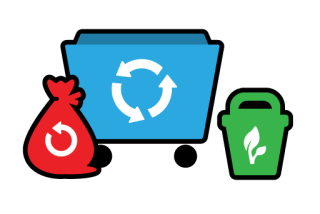
$60 million awarded for solid waste infrastructure for recycling projects
In FY24, ORCR began awarding more than $60 million in Solid Waste Infrastructure for Recycling Grants funding to 58 Tribal Nations and Intertribal Consortia. With these funds, Tribes will improve their recycling and waste management systems through critical planning activities, solid waste measurement, program implementation, and purchasing much-needed equipment.
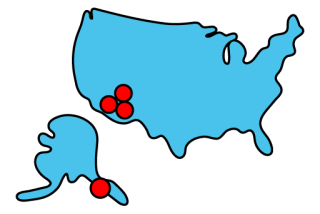
ORCR Office Director visited four Tribes
In 2024, the ORCR Office Director visited the Gila River Indian Community, Ak-Chin Indian Community, Salt River Pima-Maricopa Indian Community, and the Yakutat Tlingit Tribe to gain firsthand insight into waste-related challenges and environmental initiatives. These visits not only deepen ORCR's understanding of Tribal waste management issues but also provide a platform for direct engagement between Tribal governments and ORCR leadership.
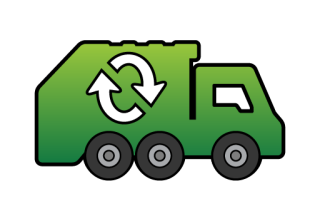
Engaged 400 attendees through six Tribal Waste Management webinars
In 2024, ORCR hosted six webinars for over 400 people to discuss waste management issues that impact Tribes. These webinars served as a platform for knowledge exchange, success stories, and dialogue on key issues, covering topics from Tribal solid waste operation and maintenance to tools for planning for natural disaster debris. One webinar, led by the ORCR Office Director, provided a unique opportunity for Tribes to share feedback on how they prefer to communicate with ORCR.

$13 million awarded to Tribes via Superfund cooperative agreements
In FY24, EPA provided more than $13 million dollars to Tribes through Superfund cooperative agreements, including more than $6.2 million to support Tribes' meaningful involvement in the Superfund process.

Awarded more than $4.5 million to address contamination on ANCSA lands
In 2024, EPA Region 10 awarded more than $4.5 million to five Alaska Native entities to do sampling, assessment, cleanup work, and provide assistance to address legacy contamination on Alaska Native Claims Settlement Act lands.

38 editions of the OLEM Tribal Friday News Roundup sent to Tribal and EPA partners
OCPA sent out 38 editions of the OLEM Tribal Friday News Roundup to our Tribal and EPA partners in 2024. This email newsletter provides information, news, and announcements that may be of interest to Tribes, including webinars, conferences, consultation opportunities, grants, and other events related to cleanup, prevention, and response programs.

247 participants participated in five presentations to Tribes
In 2024, quarterly calls of the Tribal Superfund Working Group provided discussion of priorities common to both Tribal Nations and EPA, including critical minerals and risk assessment, site vulnerability, flooding at Superfund Sites, EPCRA and TERCs, and EPA's updated lead guidance. 247 participants attended these TSFWG calls.

18 Tribal environmental staff attended a site visit to Hanford Nuclear Reservation
18 Tribal environmental staff attended the first Federal Facility site visit of the Tribal Superfund Working Group with a visit to Hanford Nuclear Reservation in October 2024. This visit highlighted the different ways that Tribes engage with EPA and DOE on the ongoing cleanup, management, and restoration of land on the Hanford site.

OSRTI visited Leech Lake Band of Ojibwe and the St Regis Paper Company Superfund Site
In September 2024, OSRTI joined Region 5 to travel to Leech Lake Band of Ojibwe to visit the St. Regis Paper Co. Superfund Site. OSRTI leadership participated in gathering wild rice with Tribal Members to understand the Tribe's cultural use of local resources, including the effects of contamination on culturally significant wild rice beds.

Tribes taught EPA staff at two national Superfund conferences
In 2024, EPA hosted Tribal speakers, representing Quapaw Nation and Cherokee Nation, at the National Association of Remedial Project Managers (NARPM) and the National Site Assessment Symposium (NSAS) conferences. Tribal speakers shared their unique perspective and experience on the Superfund program with audience members.
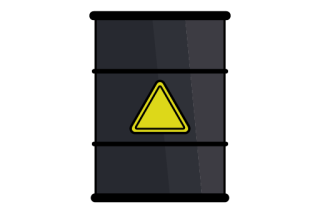
Tribes conducted 13 CERCLA site assessments in Indian country
In 2024, Tribes in Region 6 conducted 13 pre-CERCLA screenings, preliminary assessments, or site reassessments.

Improved compliance with UST regulations in Indian country
The UST Program met its 3-year inspection goal by inspecting one third of the UST facilities in Indian country in FY2024.
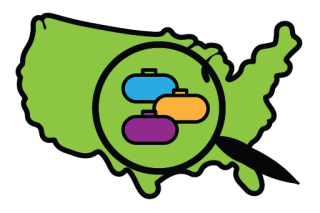
UST program completed 11 cleanups in Indian country
The UST Program completed eleven cleanups in Indian country, meeting our target goal for FY 2024.
